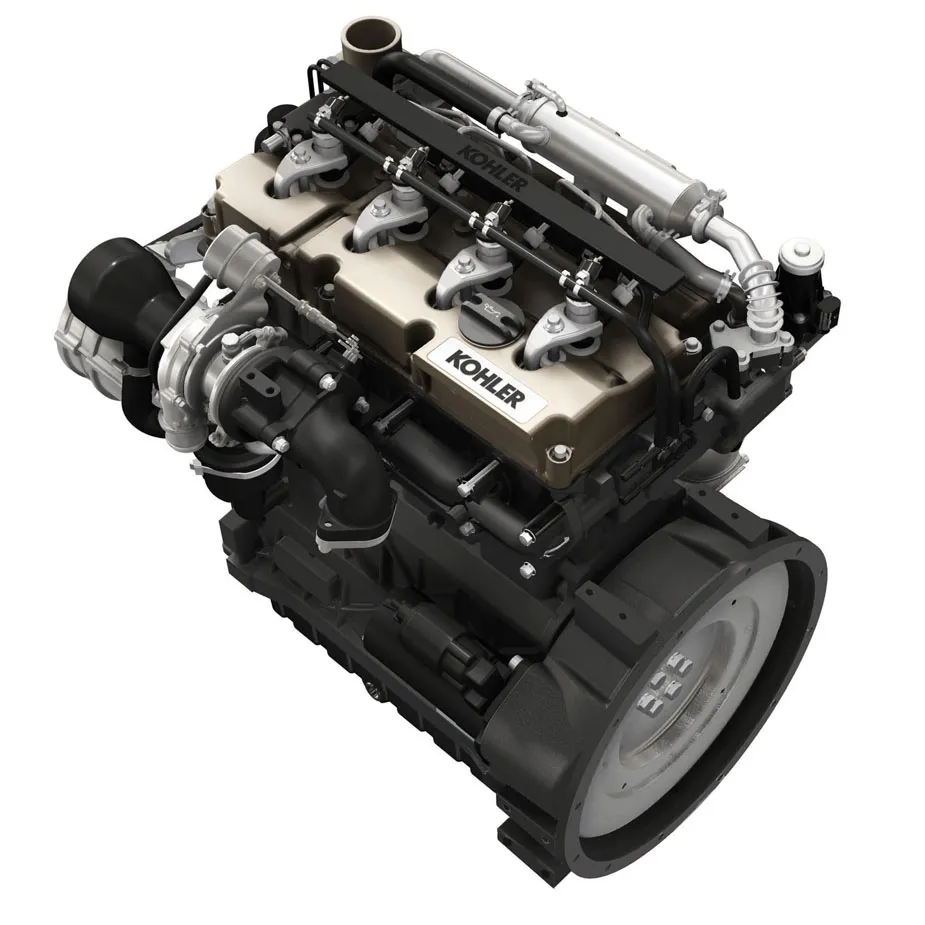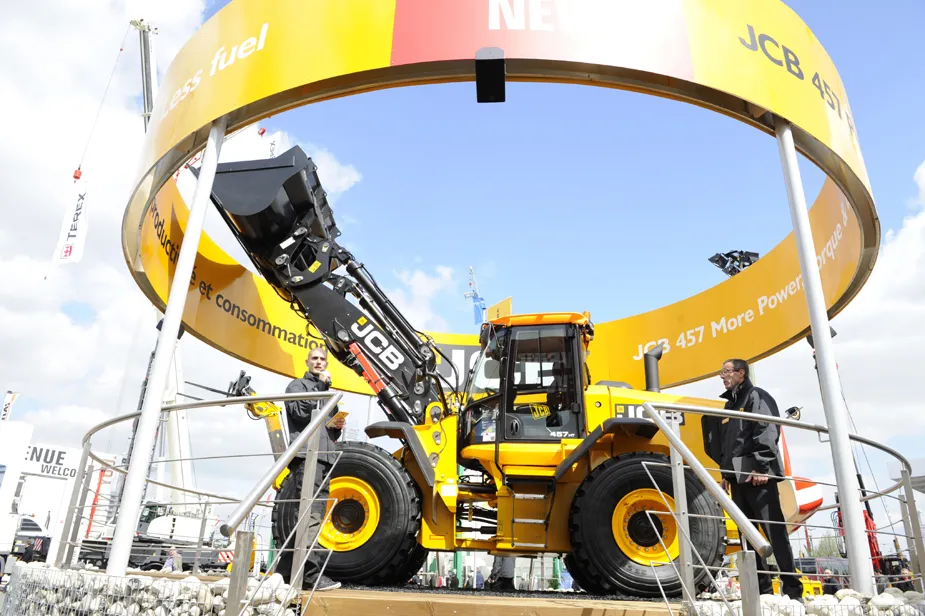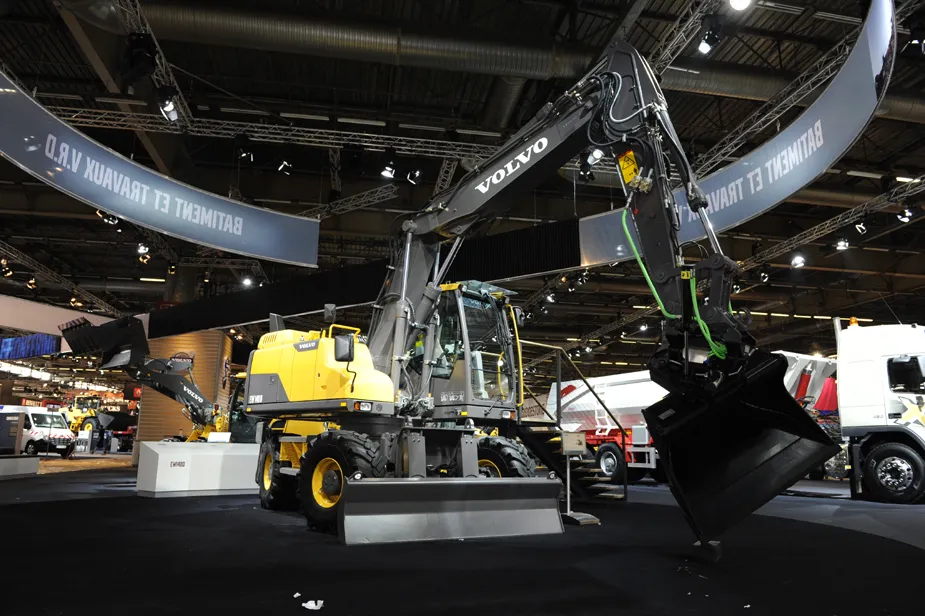
The KDI series – Kohler Direct Injection – includes 1.9-litre three-cylinder, and four cylinder 2.5 and 3.4 litre capacity engines.
The latter four-cylinder engine represents a new sector for the firm and gives it a high power density with 100kW of power. Previously, the firm’s engine range stopped at 60kW and 2.2 litres capacity.
“Customers will have the opportunity to downsize from much larger engines to our 3.4 litre turbo diesel and still generate high power levels,” said Nino De Giglio, Lombardini market research manager.
Using common rail injection pressures up to 2,000 bar, EGR, electronic engine management and turbocharging, the KDI series has the potential to deliver lower operating costs from higher efficiency and longer servicing intervals.
Fuel consumption is reduced by 15% says Lombardini, though the cost of adopting this latest technology is likely to see these new engines costing up to 20% more than their predecessors.
%$Linker:
Hall: 5B Stand: L001







